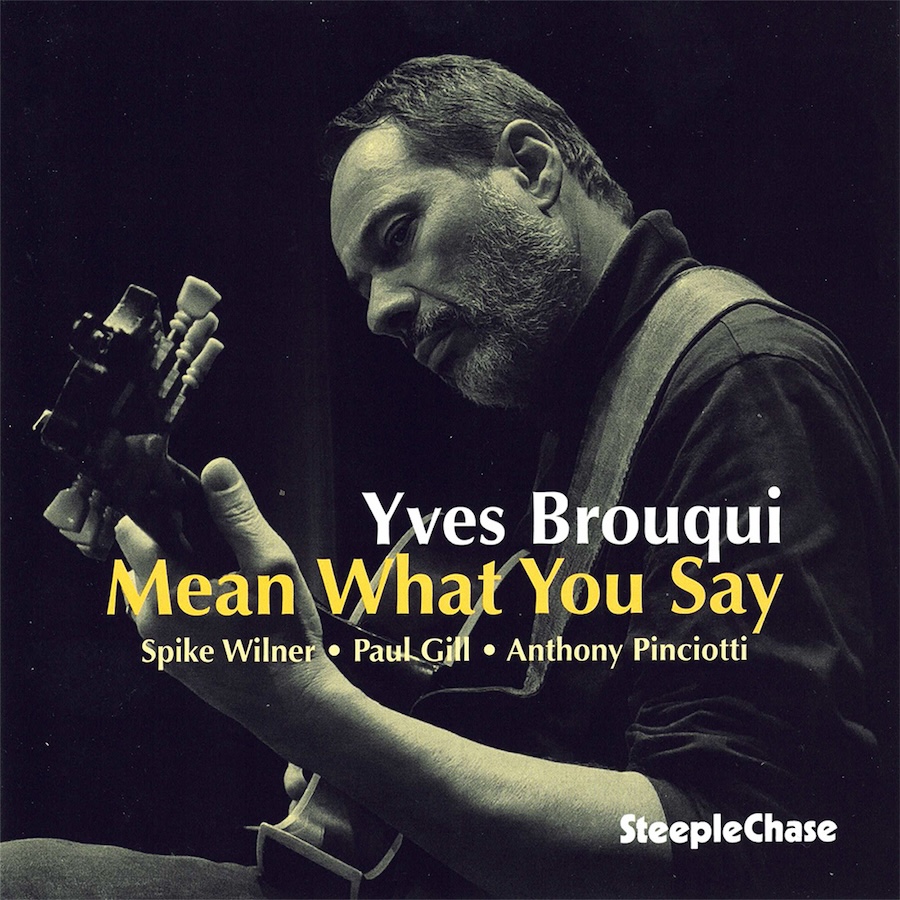

Seven years of reflection … and maturation to sum up four decades of a unique career, with roots in swing, blues, bop and hard bop!
Yves Brouqui is one of a generation of musicians who inherited the guitar from historical monsters who sublimated their instrument, the guitar, and its place in the orchestra, making it a solo instrument in the same way as piano, brass…: Charlie Christian, Jimmy Raney, Jim Hall, Wes Montgomery, Pat Martino, Grant Green, Kenny Burrell, Barney Kessel, Herb Ellis, Joe Pass…
Yves confides: “After having explored the trio formula with bass and drums on my previous album (”How Little We Know*”), I wanted to return to a quartet formula with piano; it gives me more freedom in my improvisations, I can take more risks with the piano ‘net’ providing the harmonic structure, and it’s the one I generally use for my concerts as a leader (as recently at ‘Sunset**’ or ‘Son de la Terre**’).
Présentons donc ici le quartet et d’abord son leader, Yves Brouqui :
What’s more, this new project represented a milestone for me, a sort of summary of a 40-year career, with a deliberate choice to pay tribute to my influences. I also wanted a fine blend of standards, compositions and jazz tunes.
For this album, as is often the case, it was opportunity that made the thief! Spike Wilner’s trio was scheduled to play one of Paris’s most famous clubs, the Duc des Lombards**, on March 8 and 9, 2024. “… That’s when I came up with the idea of recording with them. I knew them, and they were already a tight-knit group musically: a sign of Destiny! After that, everything fell into place very quickly: the repertoire, the studio, the organization…”.
Let’s introduce the quartet and its leader, Yves Brouqui:
Originally from Grenoble in the French Alps, Yves trained with the best French and American musicians on the Paris jazz scene. At the end of the 80s, he benefited from the rich teachings of personalities such as Georges Brown, who was the drummer for one of his idols, Wes Montgomery, Albi Cullaz and Charles “Lolo” Bellonzi, who were the privileged accompanists of musicians such as Hank Mobley and Dexter Gordon. Encouraged by his elders, he decided to take the plunge and move to New York, “to be in touch with and inspired by this mythical city from which all the greats come”.
He spent 8 years there (1994 – 2002), playing with many of the pillars of the 90s scene “…The Small’s Years” (Mike Le Donne, Rob Bargad, Sylvia Quenca, Bob Mover), and recording several times with some of them (Grant Stewart, Spike Wilner, Joe Strasser, Paul Gill).
On his return to France, he will continue to explore and develop his playing and writing through his own projects, while accompanying the younger generation of Parisian musicians as well as visiting Americans.
Friends for 30 years, Yves and Spike Wilner share a musical complicity of rare quality, cultivated since the guitarist’s “New York” years. The stories of Spike and Small’s, the West 10th Street club, are one and the same: he’s owned it since 2007 (along with Mezzrow, a block away) and has been playing there since 1994. He’s a renowned pianist, as much a fan of ragtime as he is of bebop. He wore out his underpants with Brad Mehldau, Peter Bernstein and Larry Goldings in the first open class of the new Jazz Department at the New School for Social Research in 1986, being taught by Jaki Byard, Walter Davis, Jr., Barry Harris, Kenny Barron…” We played a lot together in his quarters, and he’s always been a great fan. We played a lot together in his quintet and trio. We played every Tuesday at Small’s, and occasionally toured New York State. This is our 5th CD together (two under his name, two under mine and one where we were both sidemen).
I’ve always loved his playing, which blends tradition and modernity, and in which you can hear a classical formation. We know each other well musically and complement each other perfectly in our synthetic approach to bop, hard bop and blues”.
A native of Baltimore (MD), Paul Gill is a bassist of the first order, much in demand on the New York scene, with an impressive number of recordings as a sideman with the best artists on the scene (Hank Jones, Joe Henderson, Wynton Marsalis, Lou Donaldson, Bill Charlap, Jimmy Cobb, Al Foster, The Vanguard Orchestra, George Coleman, Harold Mabern, Lew Tabackin, Toshiko Akiyoshi, Louis Hayes …).
His playing, a skilful blend of tradition and modernity, is served by an impressive technique (particularly with the bow), as evidenced by his solos on this album. As with Spike, Yves has played extensively with Paul, who is also featured on his Quintet CD “Live at Small’s*” (2002).
“I knew Anthony Pinciotti and had played with him, but this is the first time I’ve done a personal project with this great drummer. Anthony is one of those people who immediately understands your playing and knows how to take full advantage of it to make you sound even better”.
He’s the kind of drummer you’d always like to have at your side ...” which seems to be confirmed by the impressive number of musicians from all walks of life (jazz, rock, world music …) who call or have called on him, from James Moody to Dr. Lonnie Smith, John Abercrombie, Joe Lovano, Randy Brecker, Ira Sullivan, Kenny Werner, Mose Allison, Lew Tabackin, John Patitucci, Jim Hall, Bob Mintzer, Renée Rosnes, George Garzone…
What’s on “Mean What You Say”?
Turquoise Twice, a vibrant tribute to Cedar Walton, the Texan pianist with New York roots, a great composer, discreet but omnipresent, whose training, career and encounters characterize the “Historical Jazz Canal” from the 1950s to 2000, with its hard-bop and modernist roots, and who created this piece for his Prestige album ‘CEDAR!’, (1967),
Mean What You Say, Played in a medium tempo with fairly modern harmonies and a particularly fluid solo by Spike Wilner, this piece, which gives its title to the album, is a double nod to Thad Jones (who recorded it in Big Band and quintet in 1966) for its ambience and color, and to Russell Malone° as a tribute to the great guitarist who recently passed away.
Stranger Than Paradise: One day, impressed by listening to the “Polovtsian Dances”, a sequence from Alexander Borodin’s Prince IGOR* (1833/1887), Yves began writing a jazz harmonization of it… only to discover very shortly afterwards that the work had already been done, and with what talent, by Robert Wright for his musical “Kismet**” (1953).
“... So I went back to his writing and adapted his version, giving it a “Latin jazz” color to set me apart from the superb versions already in existence.”
Magali : Yves was born in Marseille, and every kid in Provence knows this song better than “Sur le pont d’Avignon”. Its melody inspired this arrangement, which he dedicates to his grandmother, who used to sing it to him every day in his youth, and to all his family.
Besame Mucho, by Consuelo Valazquez, composed in 1932, here totally inspired by the version by Wes Montgomery, who played it in 6/4 on the album “Boss Guitar” (1963 Prestige), except that Yves has readapted the original line by removing a beat to make it sound in 5/4. You’ll appreciate the freshness this choice brings to this oft-interpreted theme. According to Scott Yanow, Wilner’s rhythmic playing is reminiscent of Dave Brubeck’s ‘Take Five’.
Elsa Rosa : Composed for his wife, this tender love song is a long, gentle caress, with inspired guitar and piano, which only needs lyrics to evoke Tin Pan Alley and the Great American Song Book.
Massena Blues (Brooks Blues): Is a blues developed on a melodic line that came out of his fingers one day when he was letting them run on the fretboard, in an apartment on the boulevard of the same name, where his beloved lived. It swings and bops, with solos that are both passionate and thoughtful.
Get Out Of Town : Yves … “I’ve always loved the distinctive color of Cole Porter’s compositions. Here, I’ve chosen to give it a slightly ‘rumba’ connotation, drawing heavily on Wes Montgomery compositions such as ‘Mister Walker”.
For John L (Brooks 6/4 tune) : for John Leslie “Wes” Montgomery, is another tribute to Wes Montgomery, in the spirit of 1962’s ‘Full House‘ (Riverside), which Yves played live for a long time … The quartet takes this natural extension to the zenith.
We like to imagine Wes and the Wynton Kelly Trio having fun with this catchy tune in a similar way to this interpretation!
Finally, a beautiful, rhythmic version of Juan Tizol’s ‘Caravan‘, an opportunity to feel the quality of the exchanges that the guitarist and pianist share with the drummer, whose fine, tasteful accompaniment we appreciate.
In this recording, we find everything that makes Yves‘ playing quintessential: the absence of sterile chatter or heaviness, the preference for gentleness over velocity, constantly going for the essential, the right note, the pure note… never the one too many, with that clearly identified sound of the “piano-guitar” quartet of the 60s, in an aesthetic evocative of the Blue Note of the time.
This album is one of blossoming, serene maturity. Listening to it, one thing is certain: Yves Brouqui has established himself as one of the major guitarists of modern Canal Jazz, and this quartet as a formidable swinging machine.
Line Up:
Yves Brouqui: guitar
Spike Wilner: piano
Paul Gil: doublebass
Anthony Pinciotti: drums
*Some Discography References (Leader) :
Foreign Currency (Elabeth 1999), with Alain Jean-Marie (piano), Nicolas Rageau (doublebass) et Charles Bellonzi (drums).
Live at Small’s (Elabeth 2001), with Grant Stewart (tenor saxophone), Spike Wilner (piano), Paul Gill (doublebass) and Joe Strasser (drums).
Made in France (Elabeth 2005), with Grant Stewart (tenor saxophone), Joe Magnarelli (trumpet), Nicolas Rageau (doublebass) & Phil Stewart (drums).
The Music of Horace Silver (Elabeth 2011), with Laurent Courthaliac (piano), Mathias Allamane (doublebass) & Joe Strasser (drums).
How Little We Know (Gaya Music 2017), with Kenji Rabson (doublebass), & Joe Strasser (drums).
****Paris Clubs.
Mean What You Say was released by the label SteepleChase on April 4, 2025
Translated with www.DeepL.com/Translator (free version)
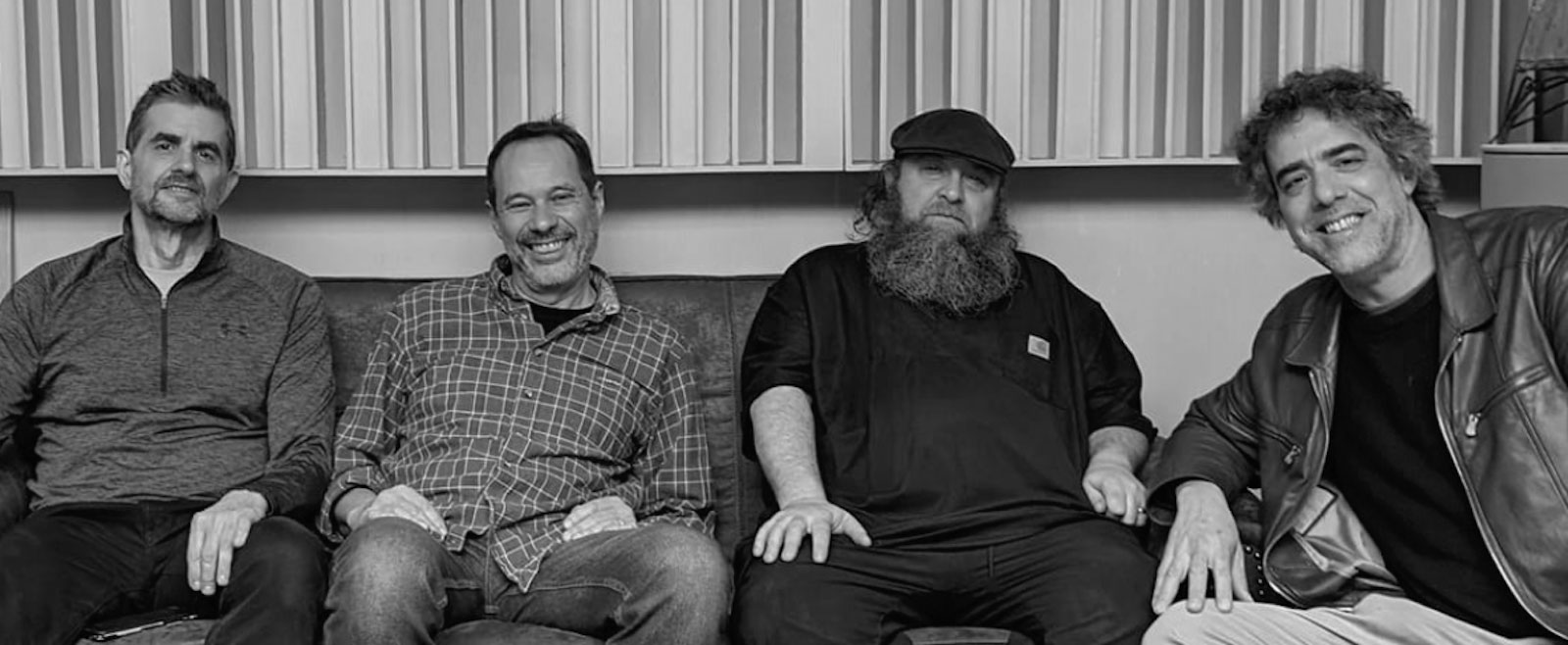


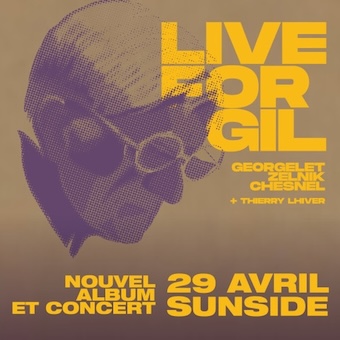
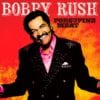

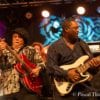
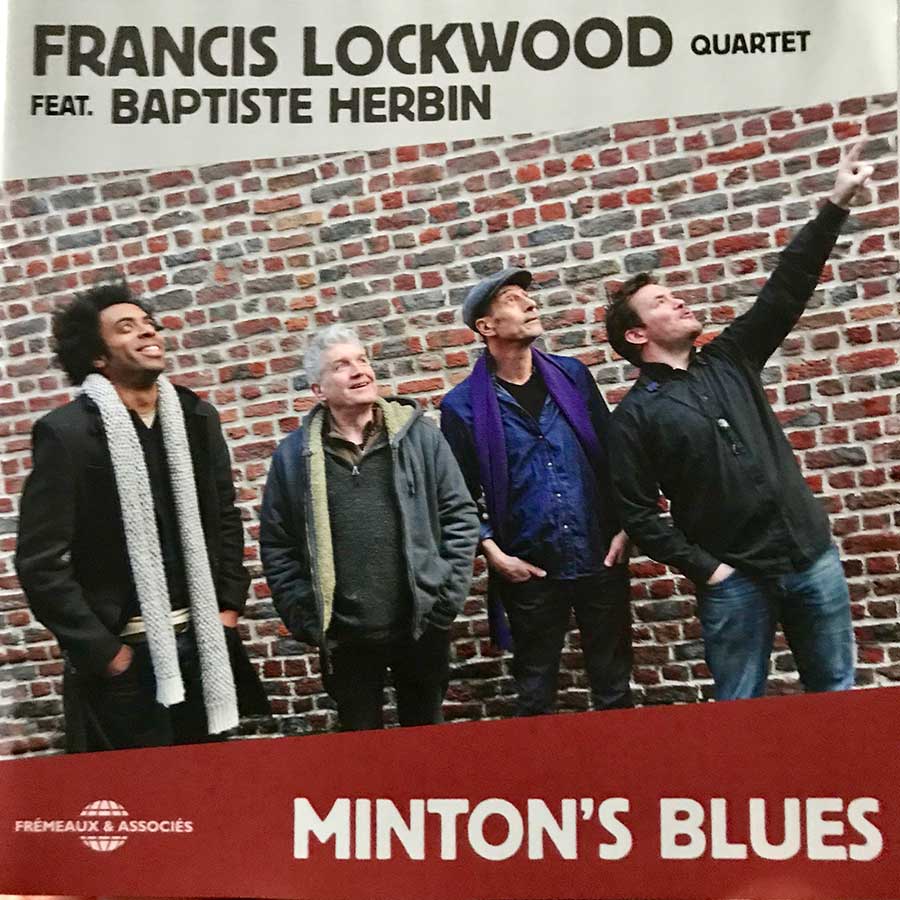


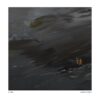
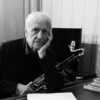


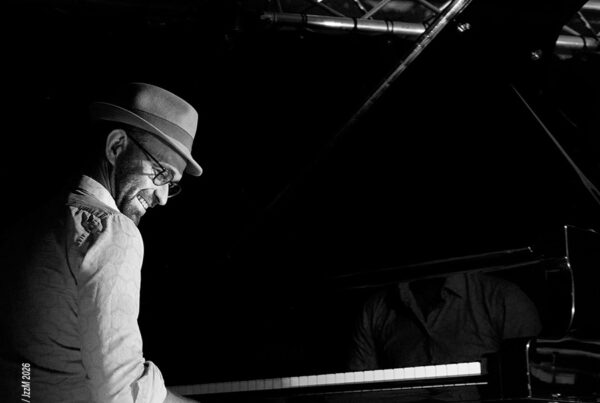
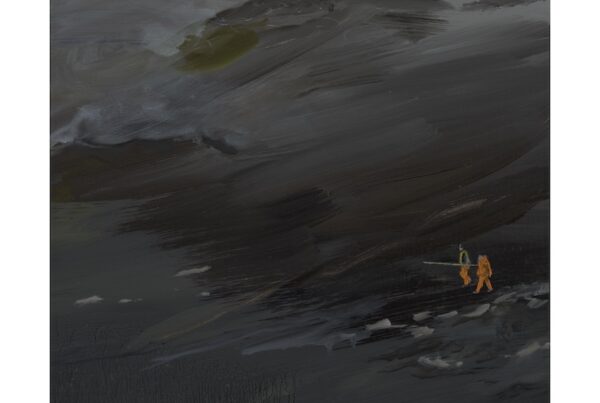
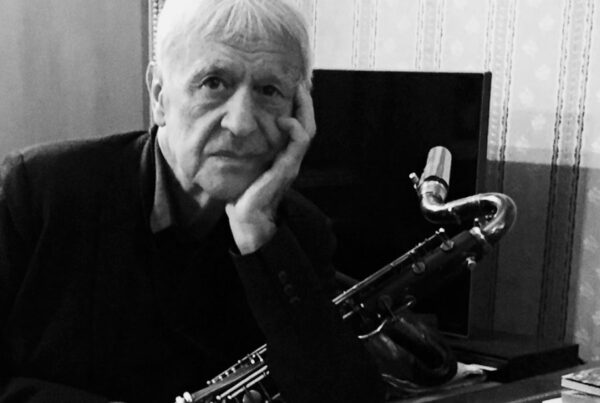


RECENT COMMENTS